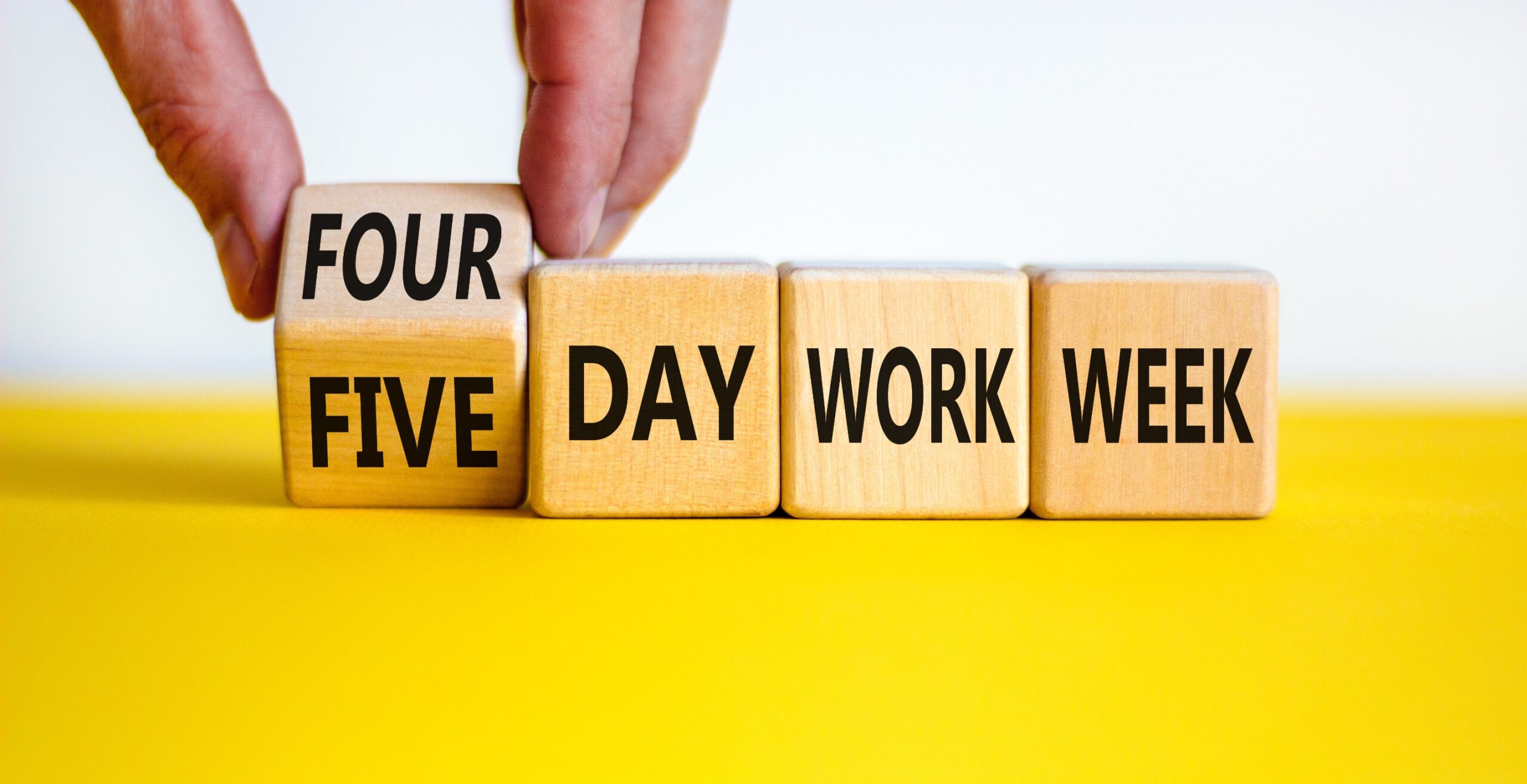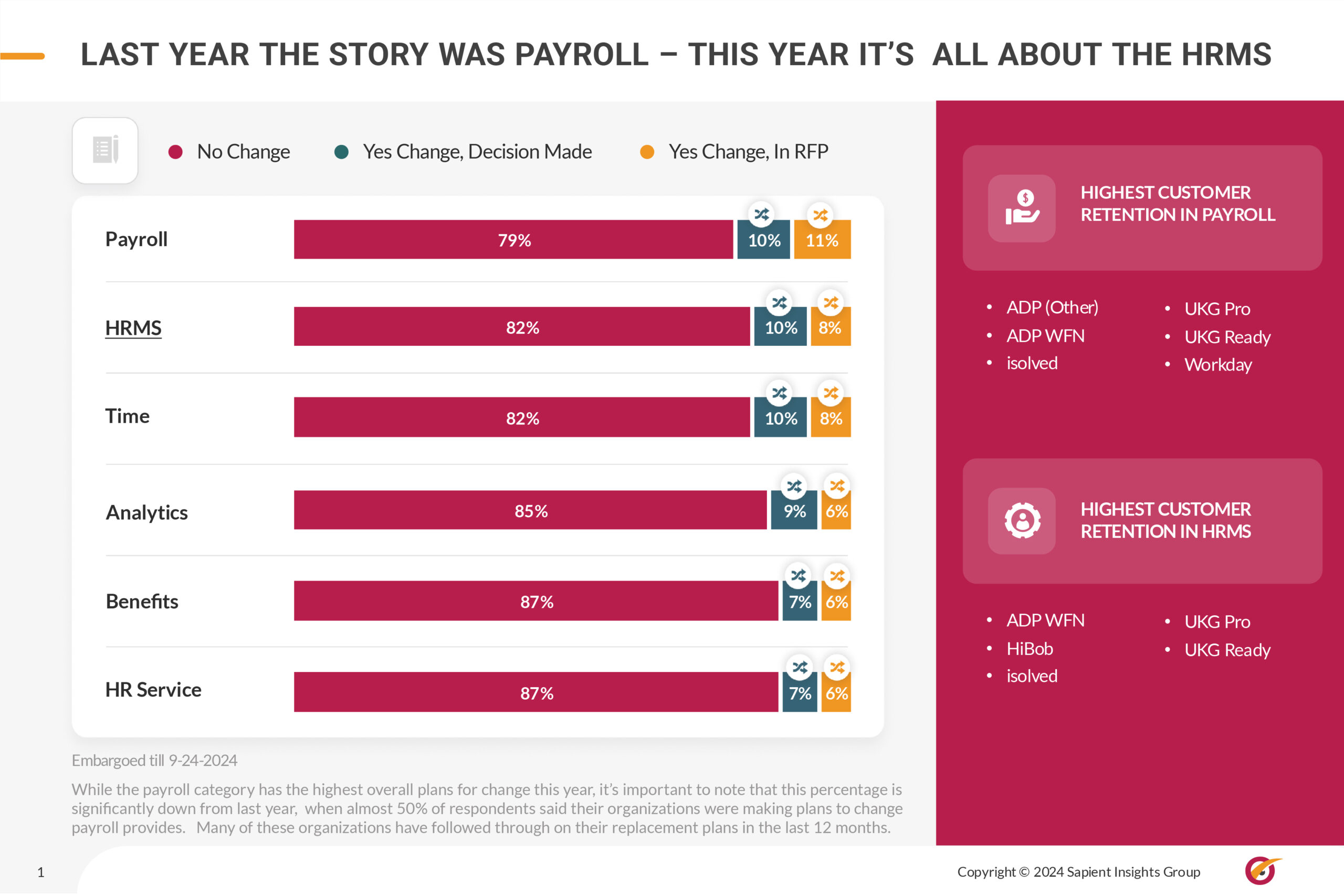Can a four-day workweek improve mental health and work-life balance?
- Champa Ha

People were more likely to be active and healthier when on holiday, even when they only had a three-day break. This, said the University of South Australia (UniSA), further supports the notion that extra time off is good for health.
In a 13-month study conducted to explore the behaviour of people and their habits during and after vacation, subjects wore fitness trackers around the clock monitoring their health and their sleep patterns to get daily totals recorded before the holiday, during the holiday, and post-holiday.
In general, people on holiday engaged in physical activity for five more minutes daily, spent 29 mins less in a sedentary position, and slept for 21 more minutes, with these increasing with longer vacation time.
Dr. Ty Ferguson, UniSA researcher, said, “In this study, we found that movement patterns changed for the better when on holiday, with increased physical activity and decreased sedentary behaviour observed across the board.”
READ: More employees are prioritising mental health over their careers
The study’s findings, said UniSA, also support the growing movement for a four-day workweek, with people displaying healthier lifestyle patterns when they have a short break, such as a three-day weekend.
Professor Carol Maher, senior researcher at UniSA, said, “A shorter working week is being trialled by companies all over the world. Not surprisingly, employees reported less stress, burnout, fatigue, as well as better mental health and improved work-life balance. As the world adapts to a new normal, perhaps it’s time to embrace the long weekend as a way to boost our physical and mental health.”






